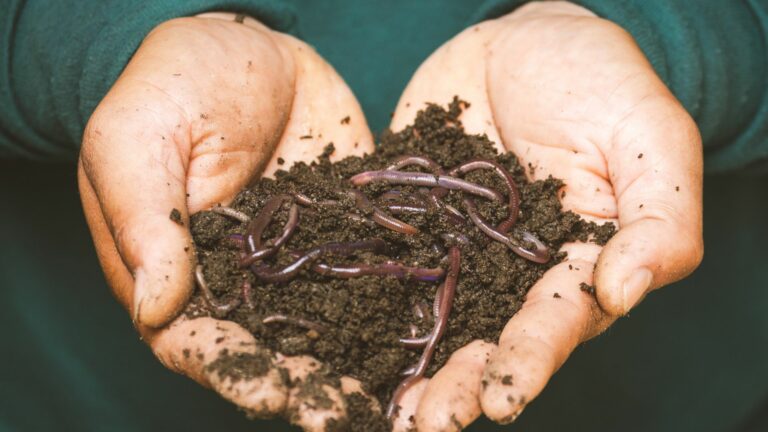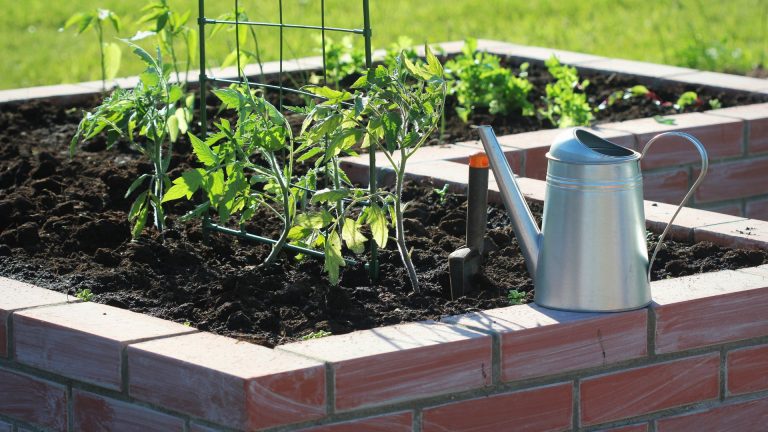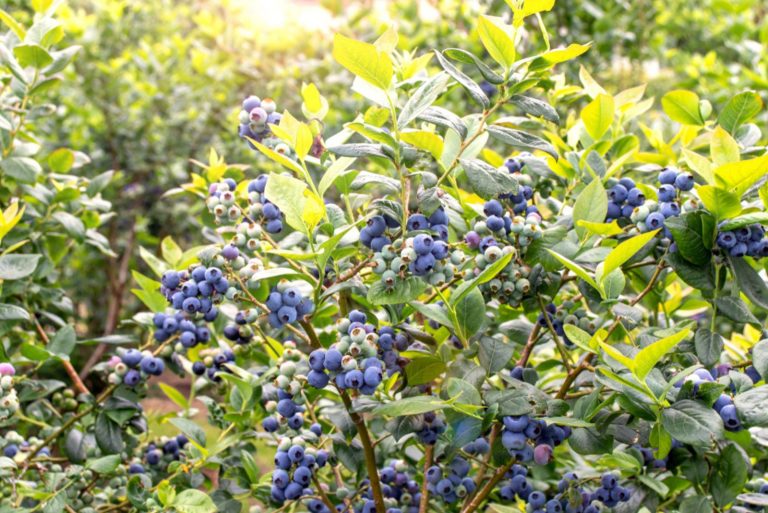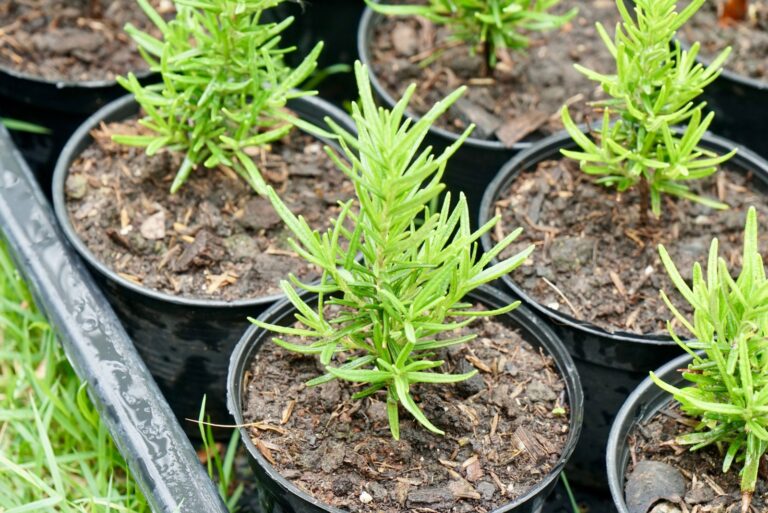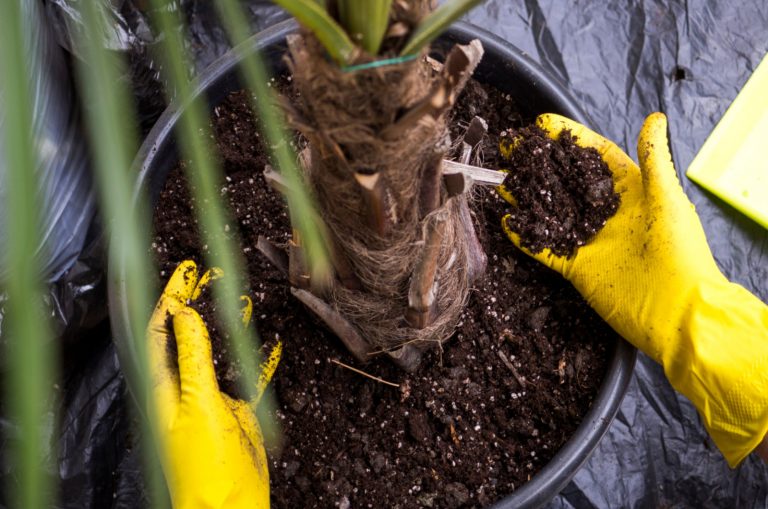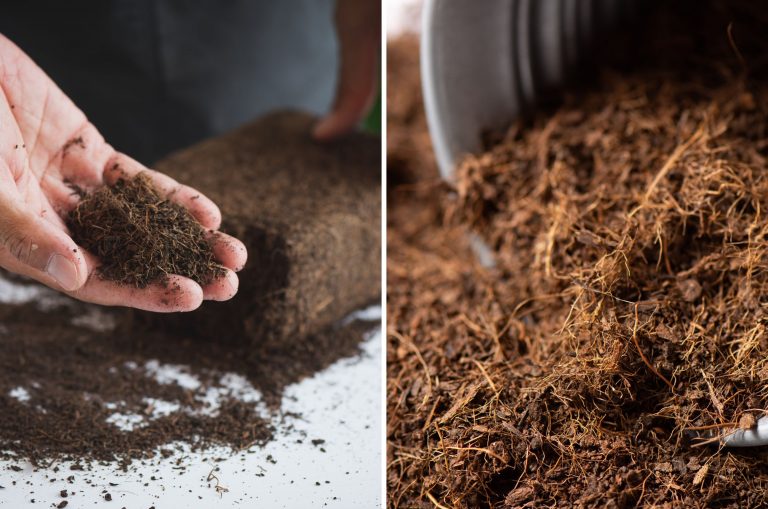The 22 Best Natural Fertilizers For Every Type Of Garden
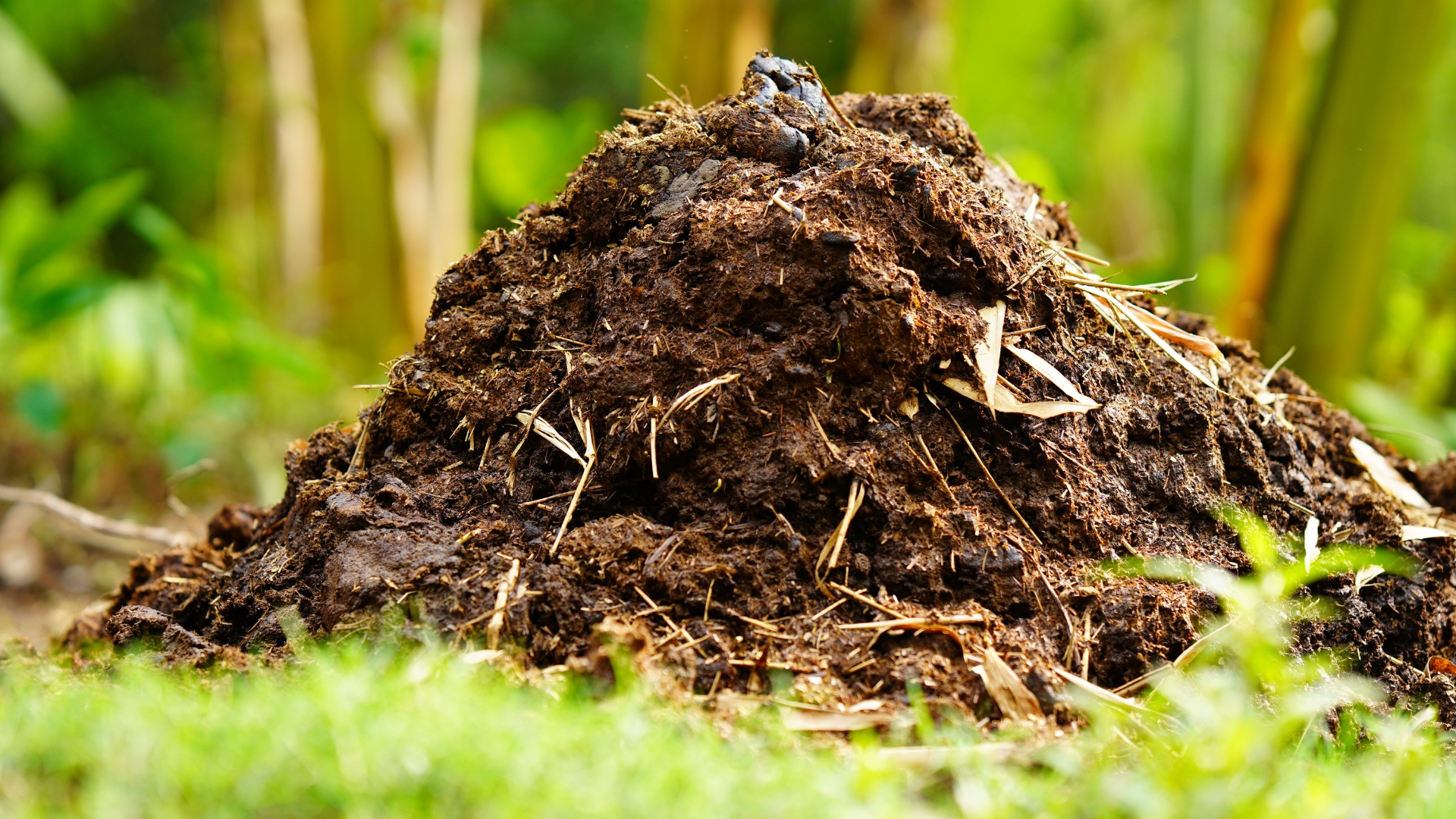
Gardening is not just about planting seeds; it’s about nurturing the soil and ensuring plants get the nutrients they need. Natural fertilizers play a crucial role in enhancing soil health, leading to vibrant and thriving gardens. They offer an eco-friendly way to boost plant growth, making them a gardener’s best friend.
1. Compost
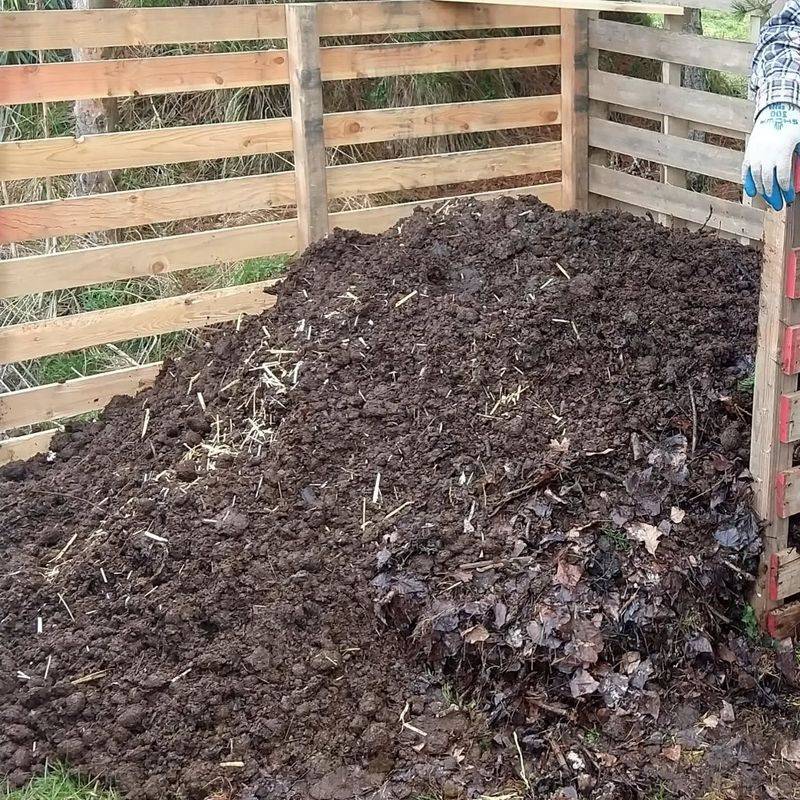
Think of it as nature’s way of giving back—turning everyday kitchen scraps and garden waste into rich, crumbly goodness that your plants will love.
This dark, nutrient-packed material improves soil structure, encourages beneficial microbes, and fuels stronger, healthier growth. It’s a simple, sustainable way to recycle nutrients and cut down on waste, all while giving your garden a serious boost.
Plus, using compost helps retain moisture in the soil, meaning less watering and happier plants all around.
2. Manure
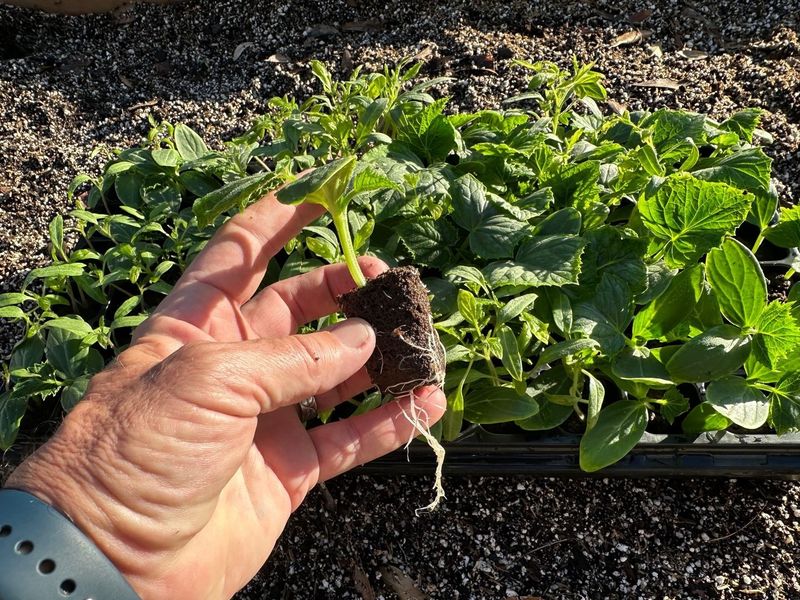
Gardeners have relied on natural soil boosters for centuries—and few are as effective as well-aged manure. Sourced from farm animals like cows and chickens, it’s packed with nutrients and organic matter that improve soil structure, enhance moisture retention, and fuel plant growth.
When composted properly, manure becomes a powerful, safe fertilizer that enriches your garden without synthetic chemicals.
For best results, mix it into the soil a few weeks before planting to give microbes time to activate and avoid overwhelming young roots.
3. Bone Meal
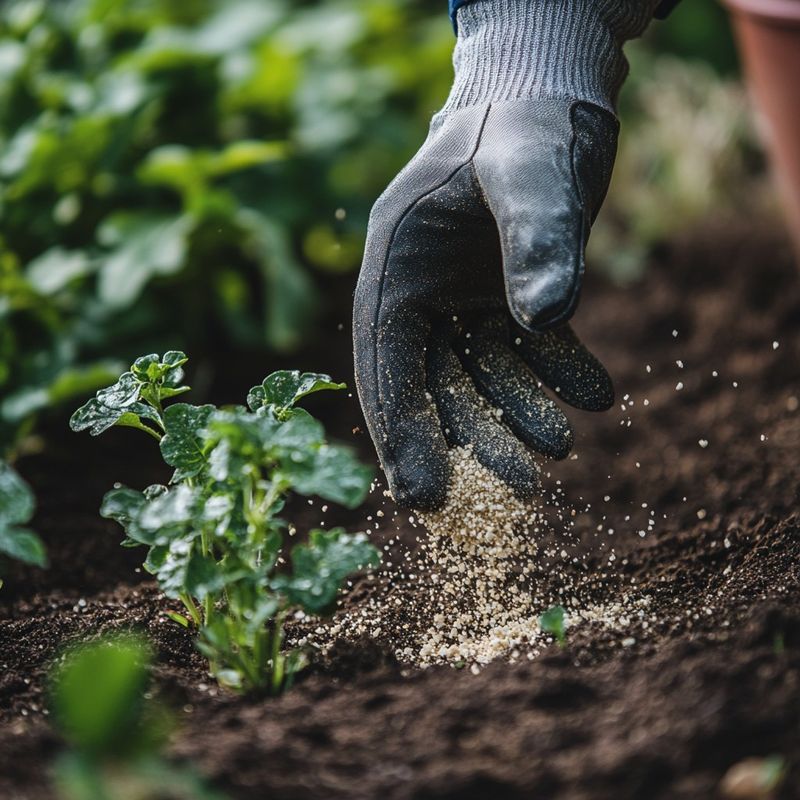
Looking to give your flowering plants an extra boost? Bone meal might be just what they need. Made from finely ground animal bones, it’s loaded with phosphorus and calcium—two key nutrients that support strong roots and vibrant blooms.
As a slow-release fertilizer, bone meal delivers steady nourishment over time, making it ideal for long-term plant health.
Mix it into the soil before planting to strengthen stems, improve flower production, and give your garden that extra pop of color.
4. Fish Emulsion
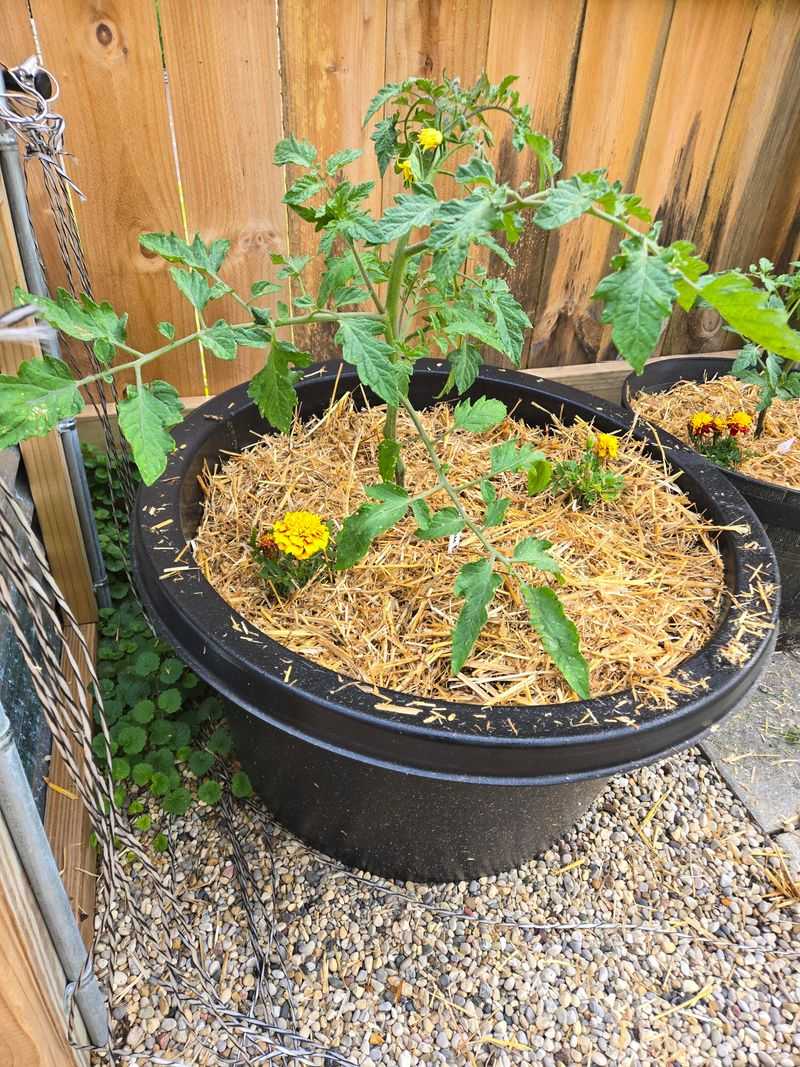
For a fast, effective nutrient boost, fish emulsion is a go-to favorite among gardeners. Made from fish waste, this liquid fertilizer is packed with nitrogen—perfect for promoting lush, green growth, especially in leafy crops like lettuce, kale, and spinach.
While its strong smell might not be for everyone, the results speak for themselves. Apply it as a foliar spray or soil drench for quick absorption, and dilute it properly to avoid overfeeding delicate plants. It’s an easy way to energize your garden naturally.
5. Blood Meal
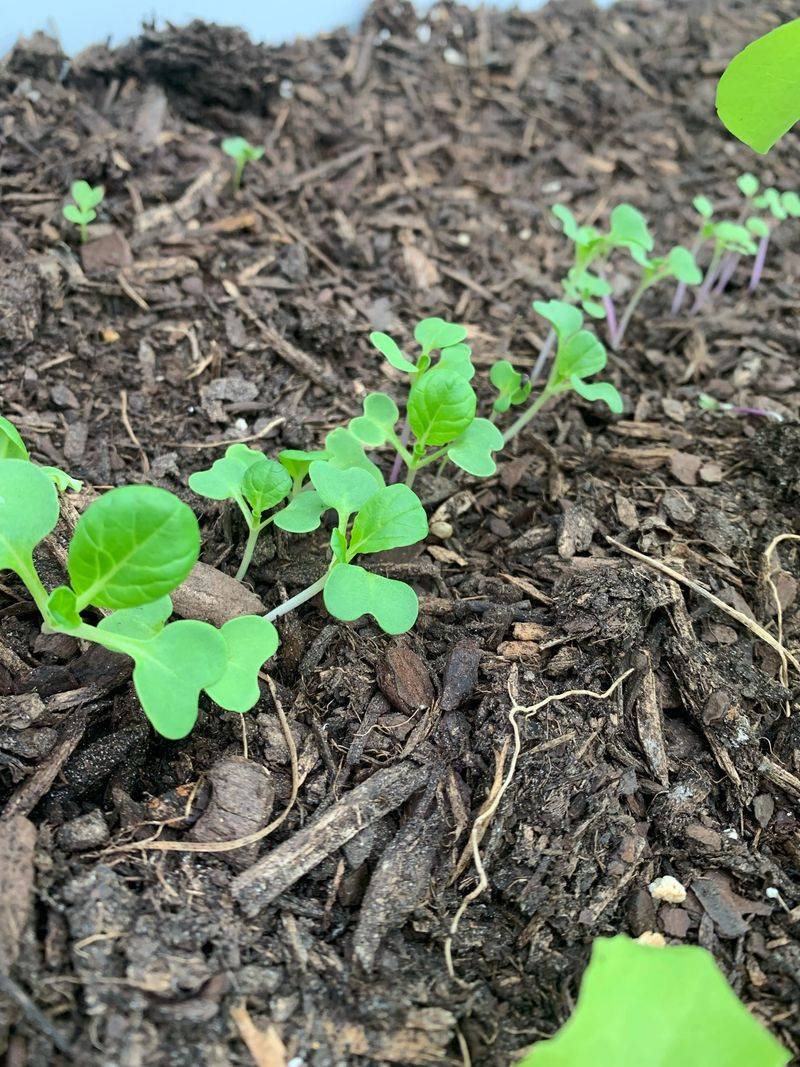
Need a fast-acting boost for your leafy greens? Blood meal might be your secret weapon. Made from dried animal blood, this nitrogen-rich powder fuels lush, vibrant foliage and gives vegetables like spinach, kale, and lettuce a noticeable lift.
Beyond its fertilizing power, blood meal also helps deter pests like deer and rabbits, making it a double-duty addition to your garden.
Just be sure to apply it in moderation—too much nitrogen can overwhelm young plants.
6. Alfalfa Meal
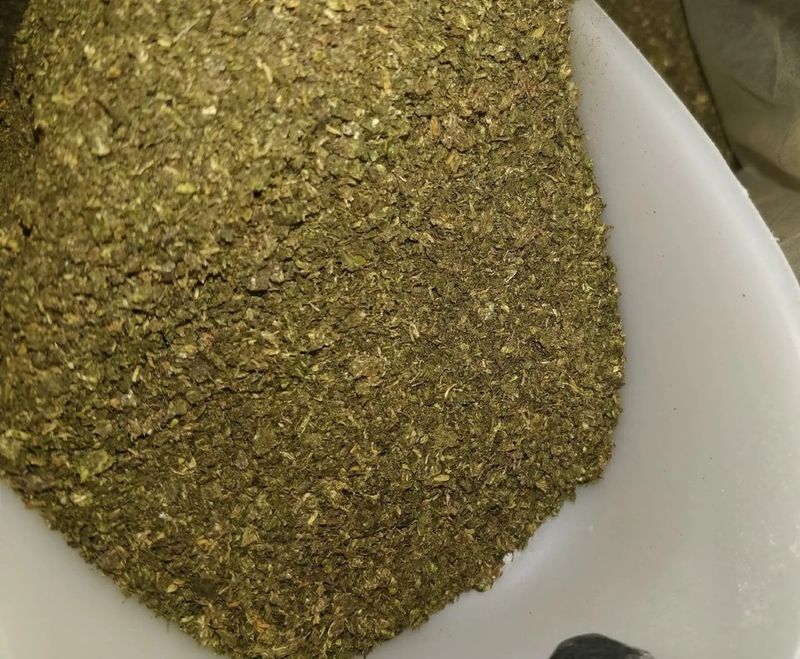
Looking for a gentle, well-rounded boost for your flowering plants? Alfalfa meal is a fantastic choice. Made from ground alfalfa plants, it offers a balanced blend of nutrients and natural growth stimulants that are especially beneficial for roses and other bloomers.
Its slow-release nature means steady nourishment over time, encouraging strong roots and vibrant, long-lasting flowers.
For best results, mix it into the soil early in the season or use it as a compost activator to speed things up naturally.
7. Cottonseed Meal
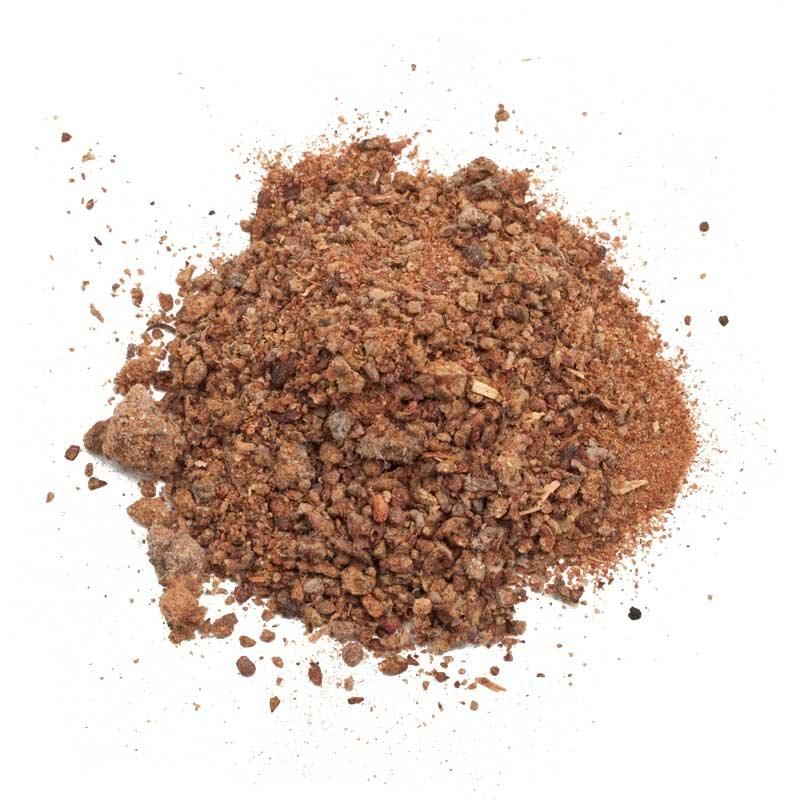
If you’re growing acid-loving plants like azaleas, rhododendrons, or blueberries, cottonseed meal is a smart, organic choice.
This plant-based fertilizer releases nitrogen slowly, making it gentle yet effective for sustained growth. Gardeners love it not just for the steady nutrient boost, but also for how it improves soil texture and encourages healthy microbial activity.
Apply it early in the growing season and work it into the soil to support vibrant, thriving plants all year long.
8. Seaweed Fertilizer
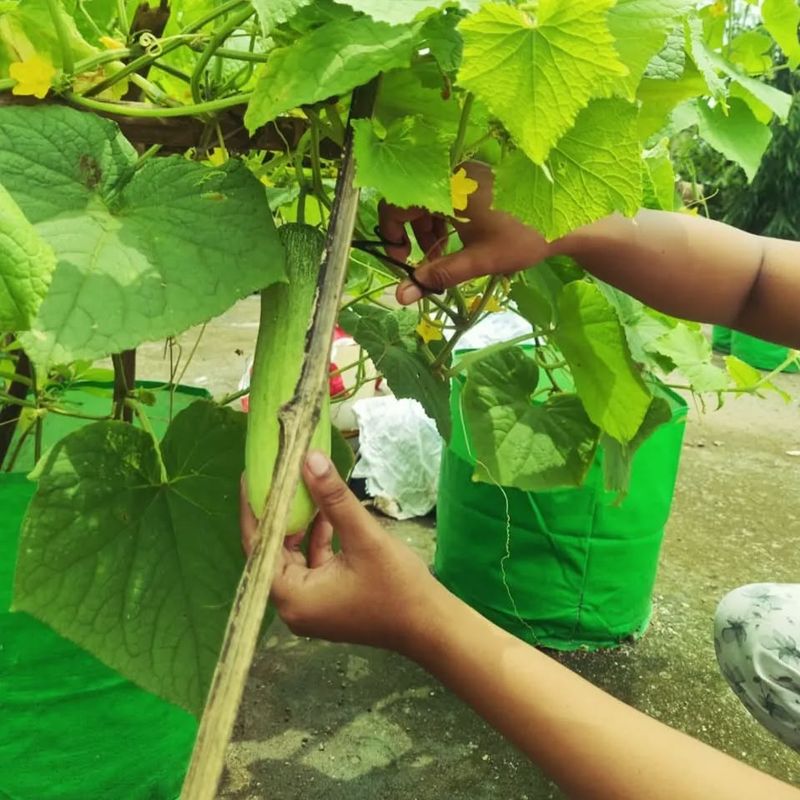
Harvested from ocean plants, seaweed fertilizer is packed with a wide spectrum of nutrients and trace minerals that support overall plant health.
This gentle, natural fertilizer strengthens plants from the inside out—boosting stress resistance, improving root development, and encouraging deep green, vigorous foliage. It’s especially useful during periods of transplanting or environmental stress.
Use it as a foliar spray or soil soak to give your plants a revitalizing coastal boost without the risk of overfeeding.
9. Epsom Salt
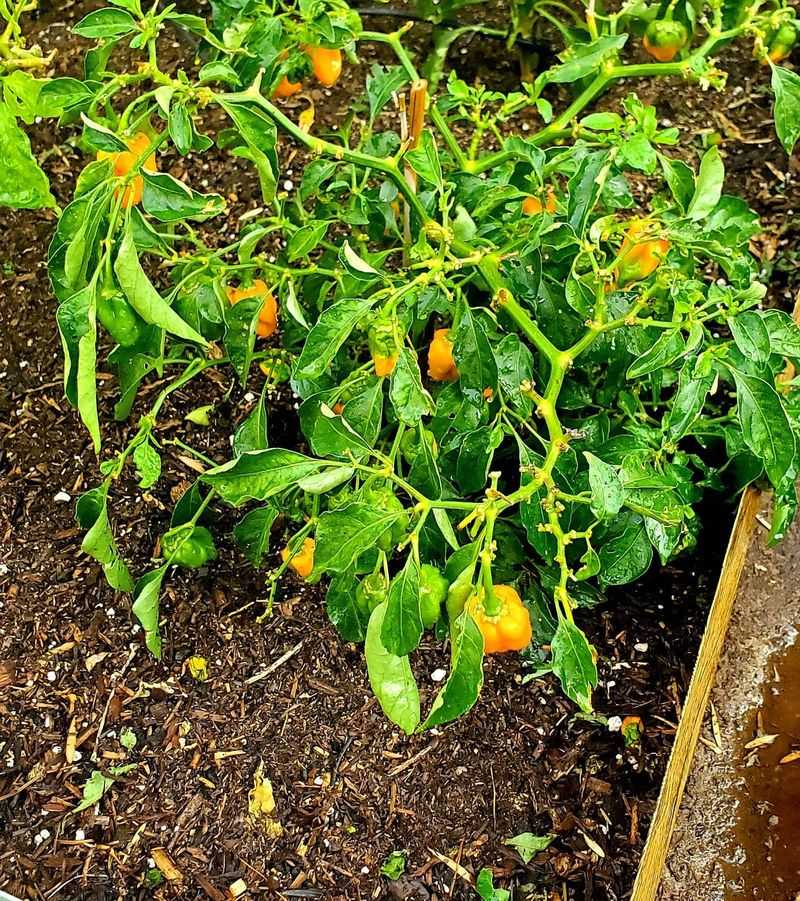
Epsom salt isn’t just for soothing baths—it’s a powerful, natural magnesium source for your garden. Magnesium plays a key role in chlorophyll production and helps plants absorb vital nutrients more efficiently.
Gardeners often use it around tomatoes, peppers, and roses to boost growth, improve fruit quality, and prevent issues like blossom end rot.
Simply dissolve it in water or sprinkle it around the base of plants for an easy, effective nutrient boost.
10. Wood Ash
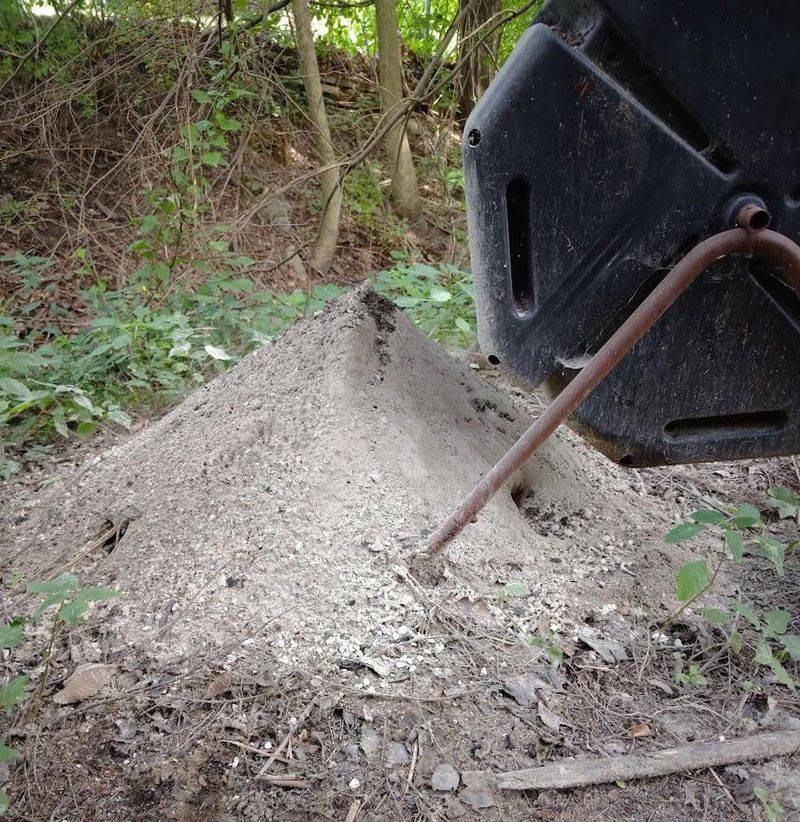
Wood ash, the powdery byproduct of burning untreated wood, is a surprisingly valuable soil amendment. Rich in potassium and lime, it helps neutralize acidic soils while supporting strong root development.
Gardeners often use it in vegetable beds to improve soil texture and boost nutrient levels—especially for crops like carrots, beans, and brassicas.
Just be sure to apply it sparingly and avoid using it around acid-loving plants. It’s a smart, sustainable way to recycle fireplace or fire pit waste into garden gold.
11. Coffee Grounds
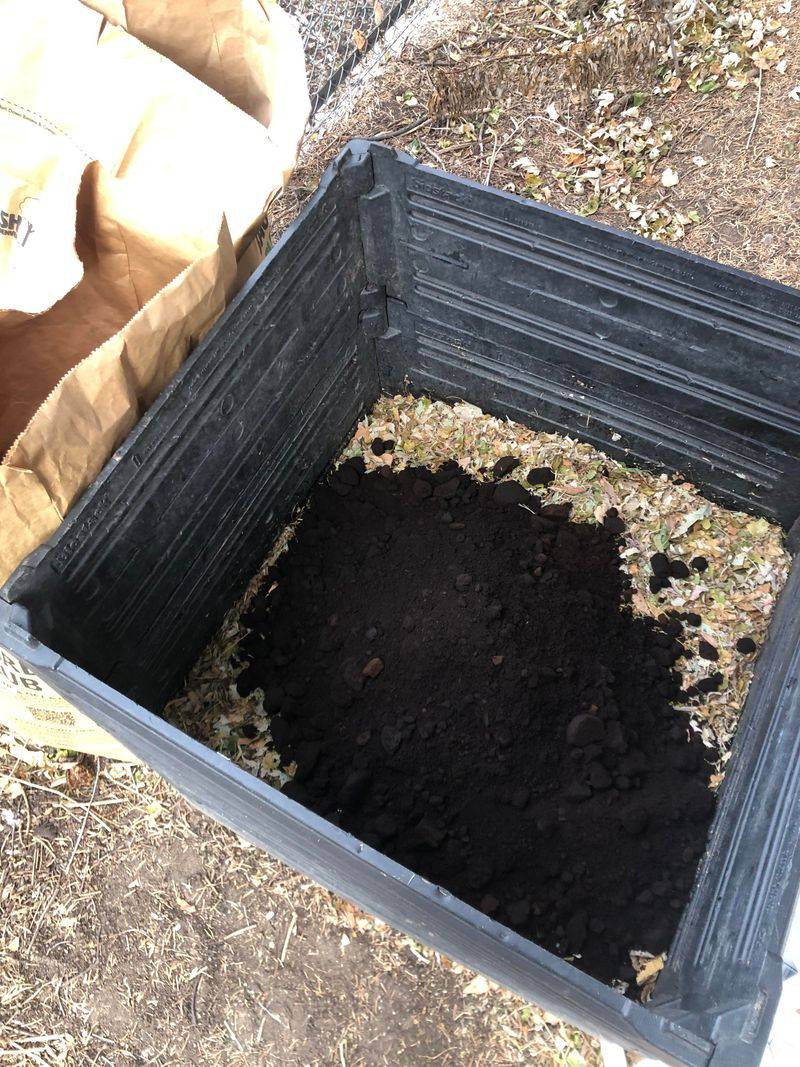
Used coffee grounds are a garden favorite—not just for their nitrogen content, but for their ability to enrich soil and support healthy plant growth. They’re especially great for acid-loving plants like blueberries, azaleas, and hydrangeas.
Coffee grounds also attract earthworms, which help aerate the soil and boost microbial activity. For best results, sprinkle them lightly around plants or mix them into compost rather than piling them on thick.
It’s an easy, eco-friendly way to give your garden a boost—straight from your morning cup.
12. Eggshells
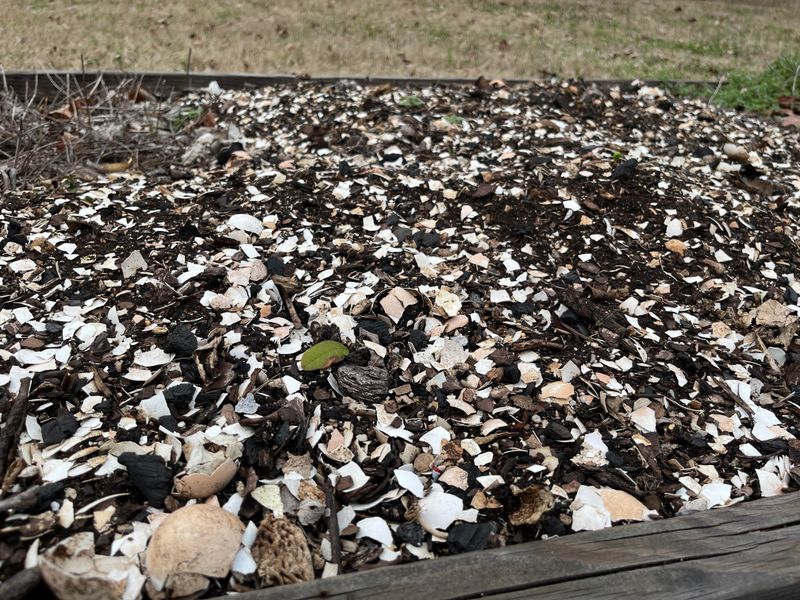
Crushed eggshells are a simple yet powerful way to add calcium to your garden—a key nutrient for strong cell walls and overall plant health.
They’re especially helpful in preventing blossom end rot in tomatoes and peppers, a common issue caused by calcium deficiency. Gardeners love this easy, sustainable method of recycling kitchen waste while enriching the soil.
For quicker breakdown, crush the shells finely before adding them to garden beds or compost piles.
13. Green Manure
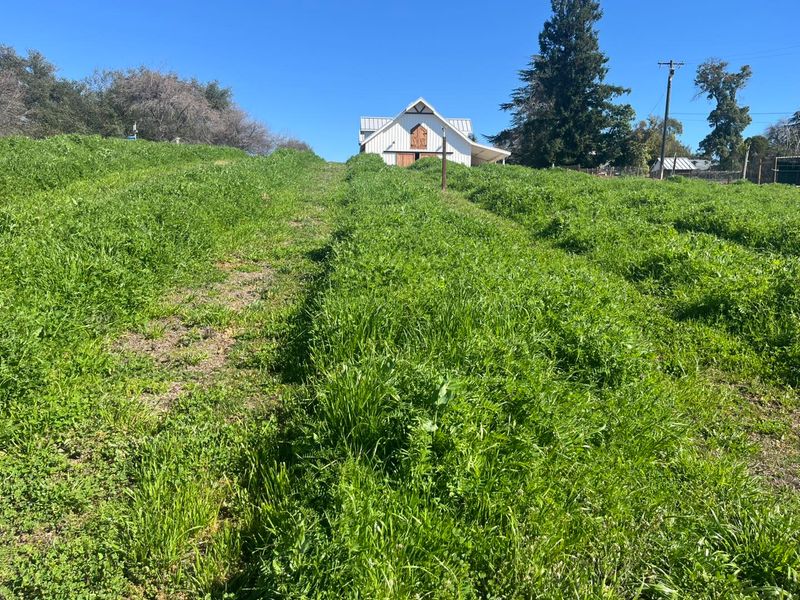
Green manure is a clever, soil-building strategy that involves growing specific plants—like clover or vetch—and then turning them back into the soil.
This process adds organic matter, improves soil structure, and boosts fertility. Legumes are especially popular, as they naturally fix nitrogen in the soil, creating a nutrient-rich foundation for future crops.
For best results, mow or cut the green manure before it flowers, then dig it in a few weeks before planting to give the nutrients time to settle in. It’s a low-cost, eco-friendly way to keep your soil thriving season after season.
14. Chicken Manure
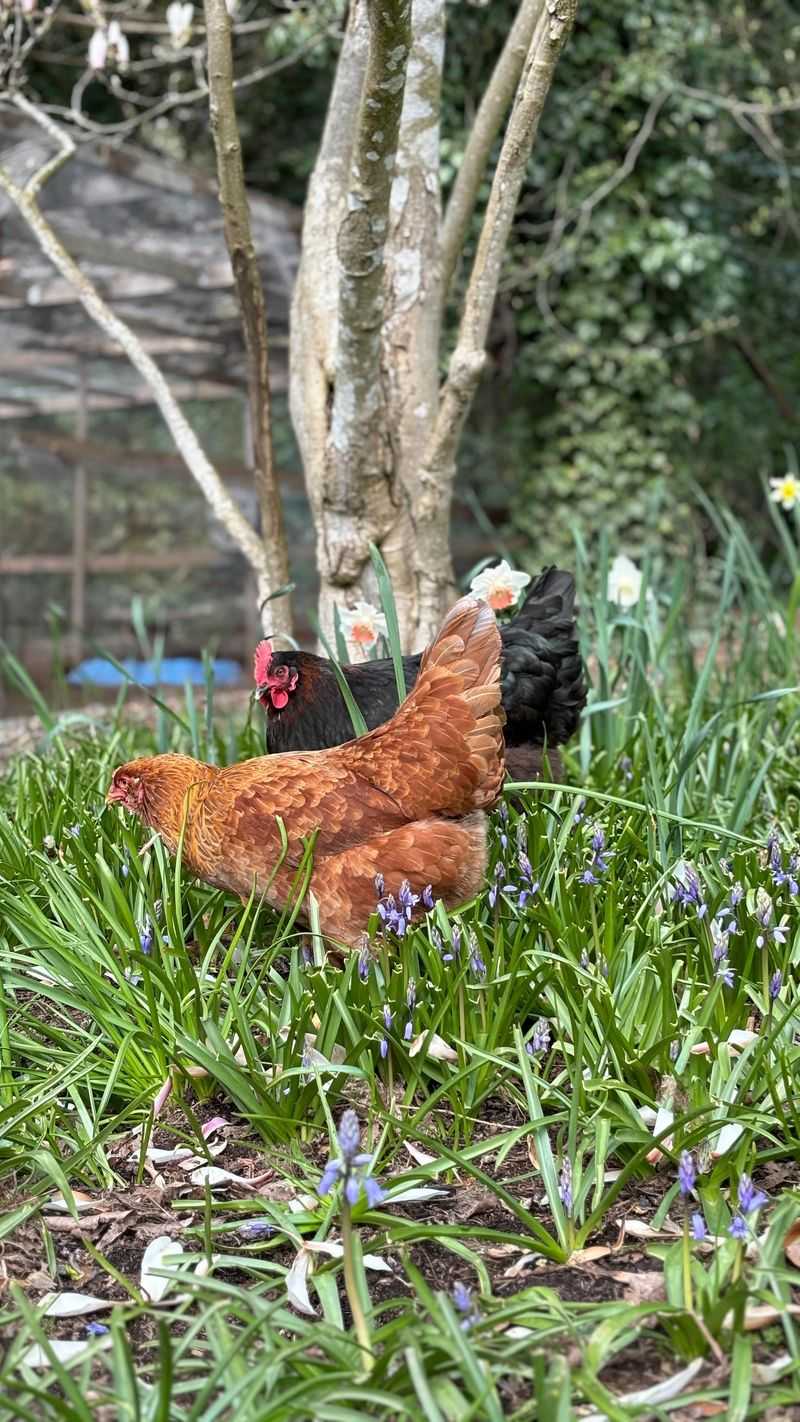
Chicken manure is one of the most powerful organic fertilizers around, packed with nitrogen, phosphorus, and potassium—the key nutrients plants crave.
Once composted to mellow its intensity, it delivers a balanced boost that promotes vigorous, healthy growth. Gardeners especially love using it in vegetable beds, where it supports everything from leafy greens to heavy feeders like tomatoes.
Just be sure to let it age or compost properly before applying, as fresh manure can be too strong for delicate roots.
15. Worm Castings
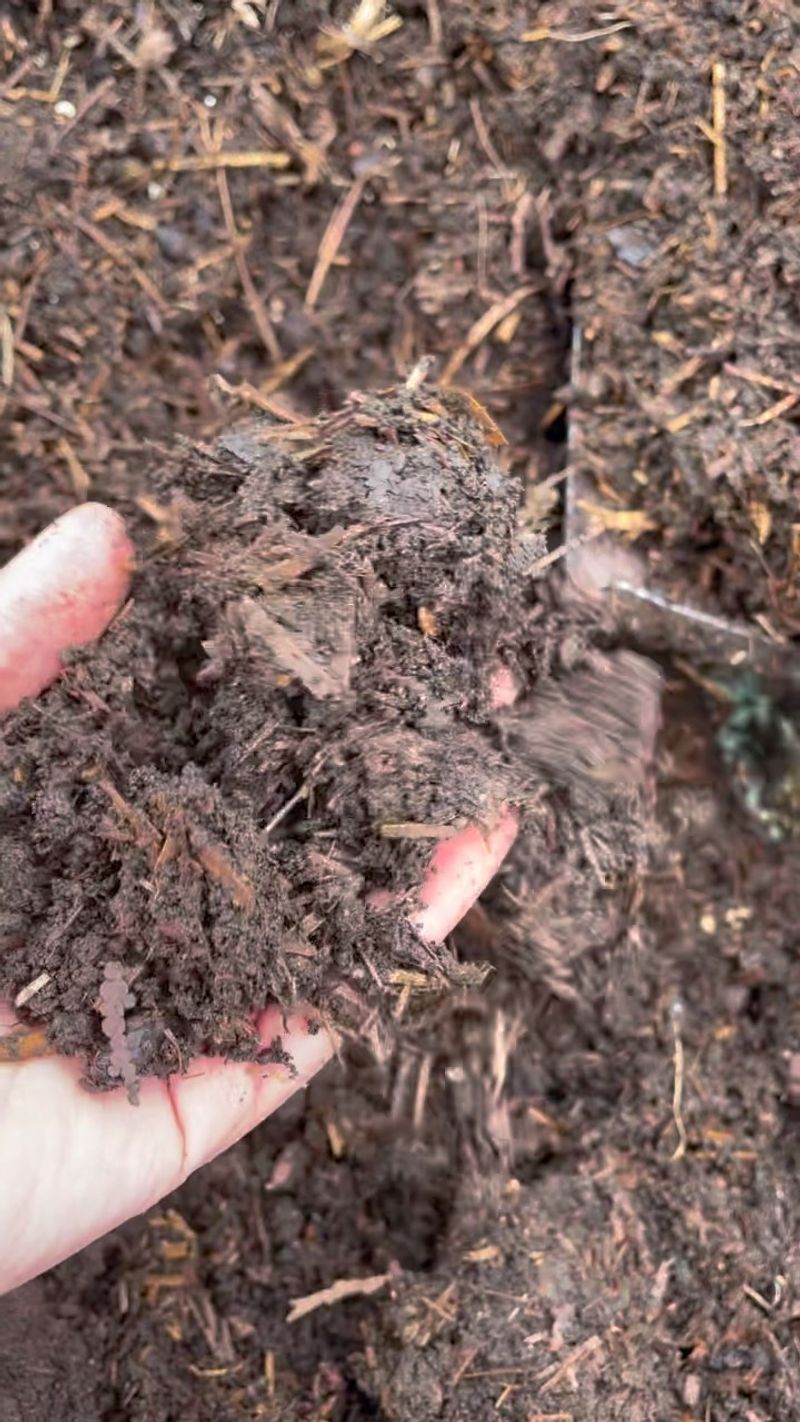
Worm castings, also known as vermicompost, are nature’s miracle soil enhancer. Rich in nutrients, enzymes, and beneficial microbes, they improve soil structure, boost nutrient availability, and help plants thrive with minimal effort.
Gardeners love their gentle yet powerful effect on plant health, making them ideal for everything from seedlings to mature vegetables and flowers.
Just a handful mixed into potting soil or sprinkled around garden beds can make a big difference in growth and resilience.
16. Bat Guano
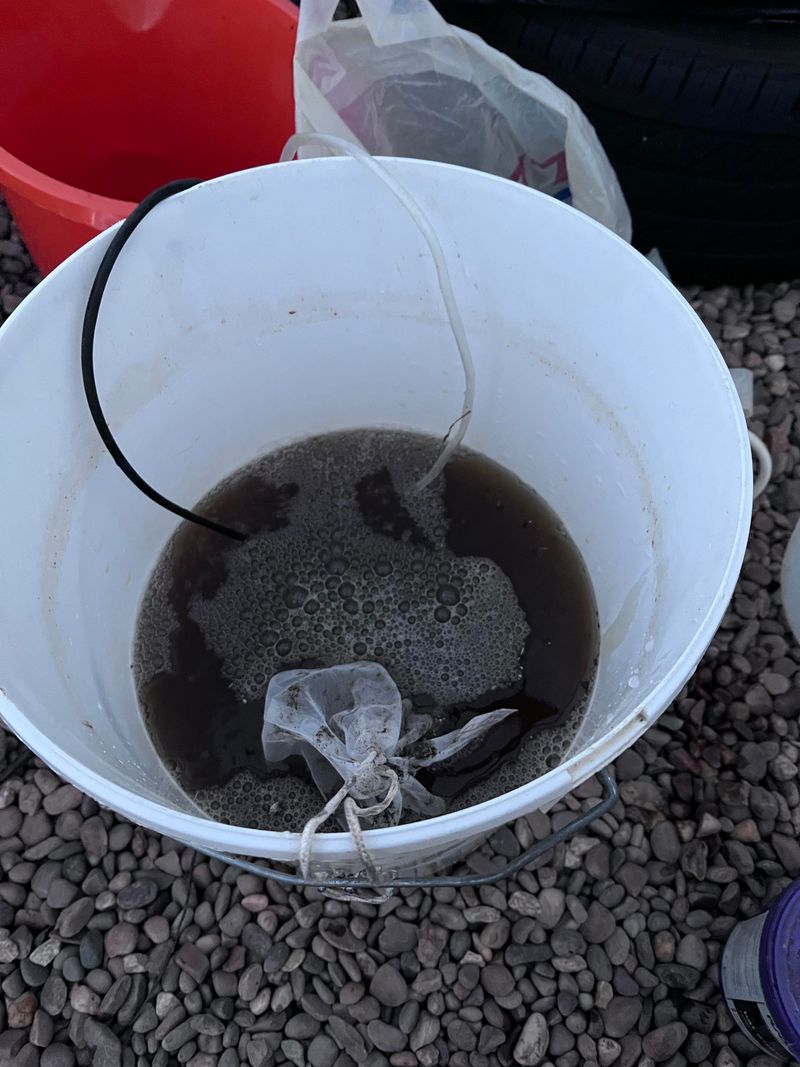
Bat guano is a powerful, all-natural fertilizer prized for its high nitrogen and phosphorus content—two key nutrients that fuel strong roots and abundant blooms.
Fast-acting and nutrient-dense, it’s especially loved by gardeners looking to give tropical plants or heavy feeders a quick boost. Whether you’re encouraging lush greenery or vibrant flowers, a small amount of bat guano goes a long way.
Mix it into the soil or brew it into a compost tea for a concentrated nutrient punch.
17. Fermented Plant Juice
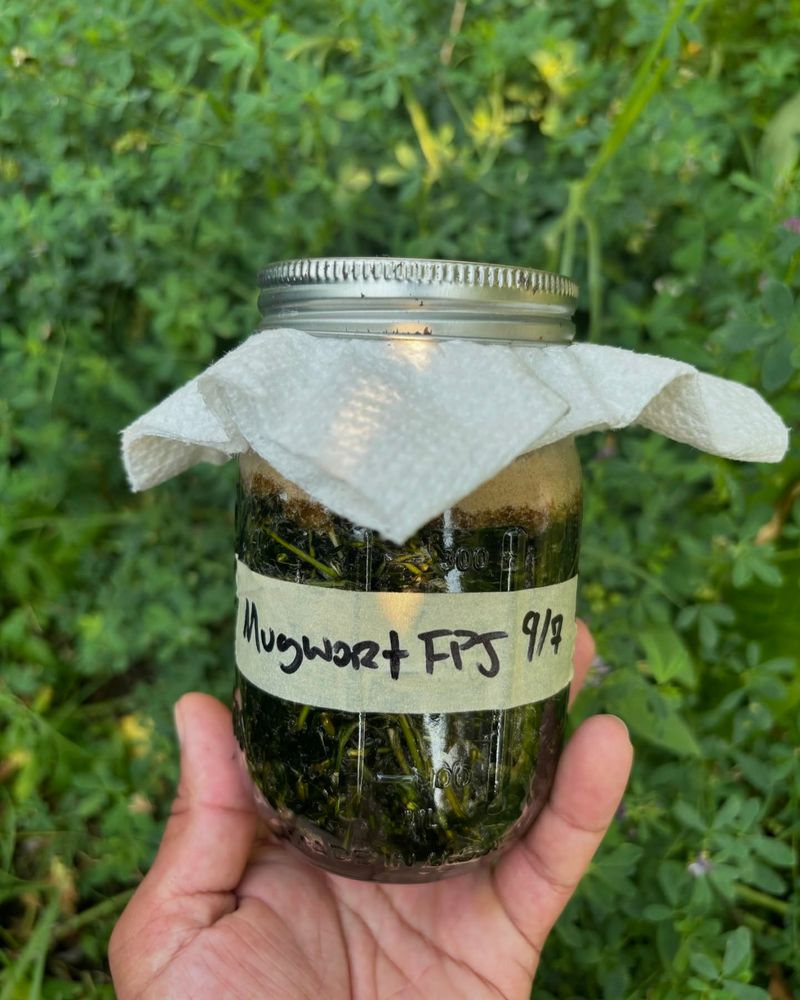
Fermented plant juice (FPJ) is a powerful, DIY liquid fertilizer made by fermenting fresh plant material with sugar. The result is a nutrient-rich tonic packed with minerals, enzymes, and beneficial microorganisms that support vibrant plant growth.
Gardeners love its homemade charm and its ability to energize vegetables and leafy greens.
Apply it as a diluted foliar spray or soil drench to boost nutrient absorption and plant resilience—just a little goes a long way in creating a thriving, organic garden.
18. Neem Cake
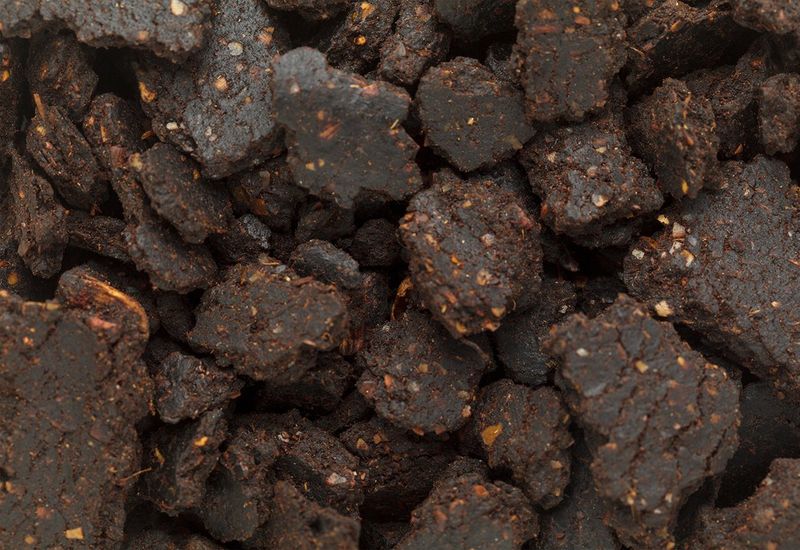
Neem cake, the nutrient-rich byproduct of neem oil extraction, is a powerhouse in organic gardening. Packed with slow-release nutrients, it not only nourishes plants but also helps repel soil-dwelling pests like nematodes and grubs—naturally.
Gardeners love using it as a dual-purpose soil amendment that improves fertility while keeping unwanted pests at bay.
Add it to the soil before planting or use it as a top dressing around established plants. It’s a smart, eco-friendly way to support a healthy garden ecosystem.
19. Liquid Kelp
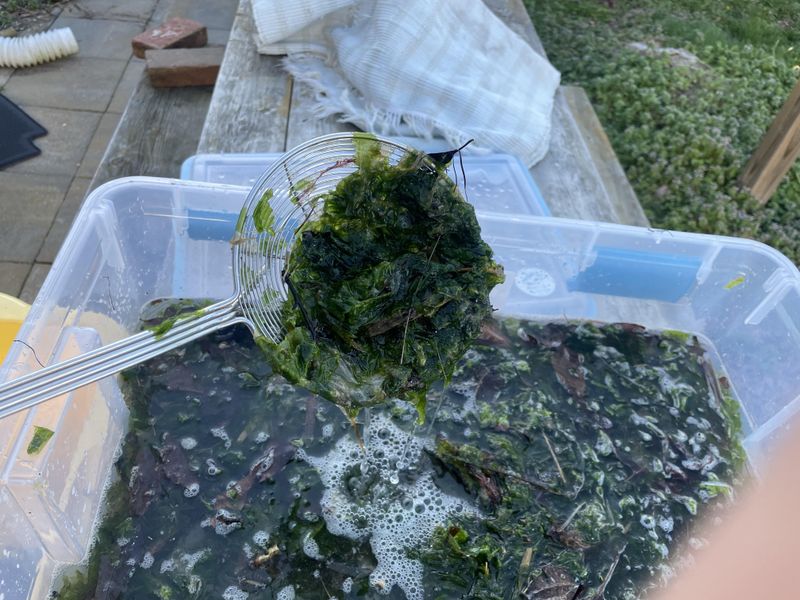
Liquid kelp, derived from nutrient-dense seaweed, is a powerhouse tonic for any garden. Loaded with trace minerals, amino acids, and natural growth hormones, it helps boost plant development, improve stress tolerance, and enhance overall vitality.
Gardeners swear by this marine-based fertilizer for its ability to promote strong root systems, lush foliage, and resilient plants across all garden types.
Apply it as a foliar spray or soil soak for a gentle, organic boost that delivers noticeable results.
20. Rock Phosphate
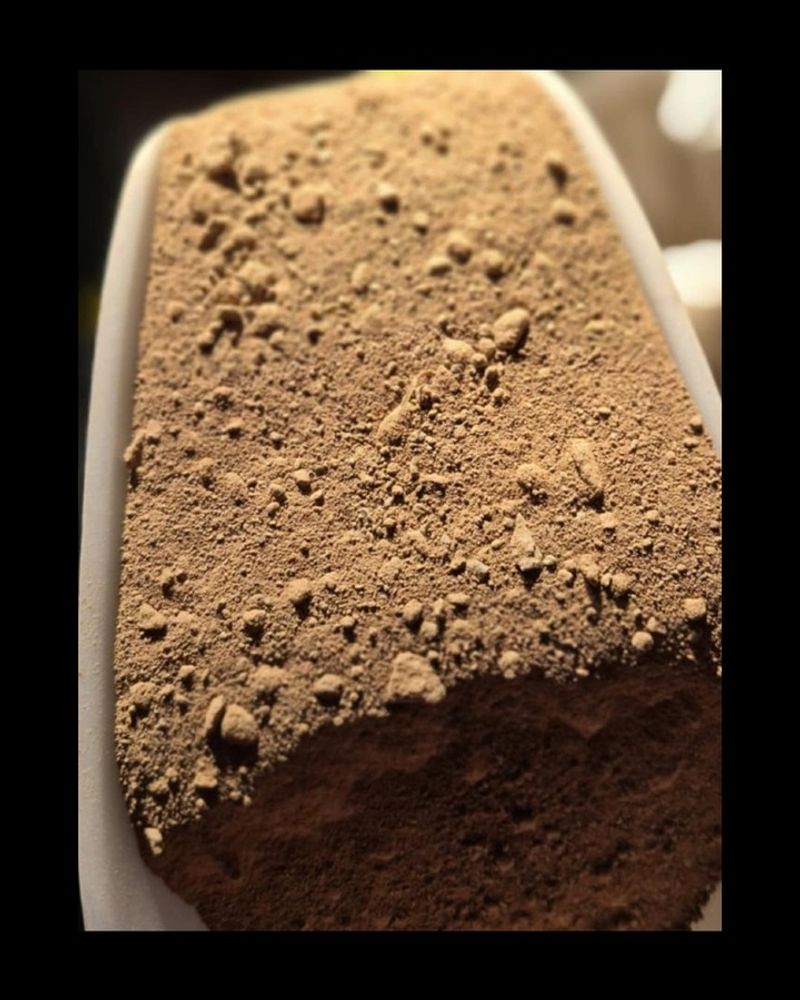
Rock phosphate is a natural, mineral-based fertilizer that delivers a steady, long-term source of phosphorus—key for strong root systems and abundant blooms.
Its slow-release nature makes it perfect for gardeners who want lasting results without frequent reapplication.
Especially useful for flowering plants, fruiting crops, and bulbs, rock phosphate supports healthy plant structures and sustained growth.
21. Molasses
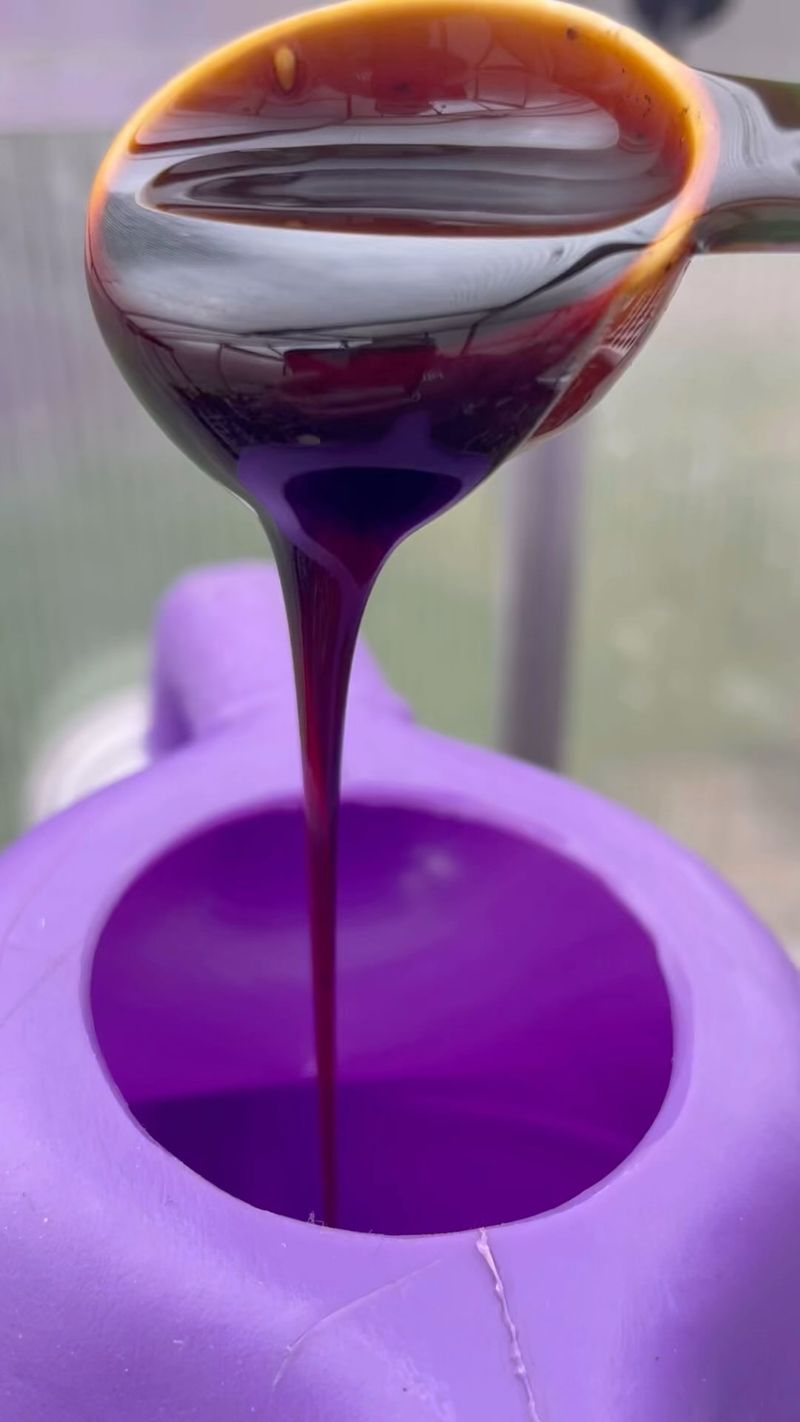
Molasses isn’t just for baking—it’s a sweet treat for your soil, too! This sugary liquid is a natural microbial booster, feeding beneficial organisms that improve soil fertility and nutrient availability.
Gardeners love using it to stimulate microbial activity, especially when paired with compost teas or organic fertilizers.
A small splash diluted in water can go a long way in creating healthier, more active soil. It’s an unexpected, yet powerful addition to any organic gardening toolkit.
22. Feather Meal
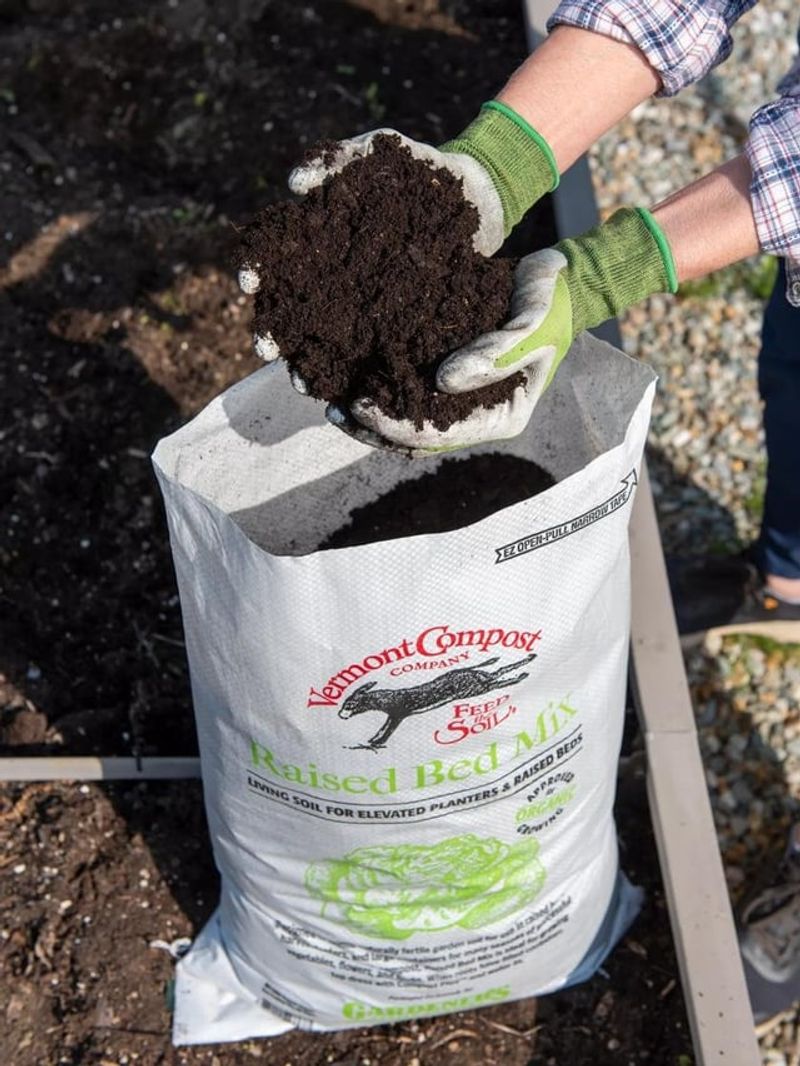
Feather meal, made from processed poultry feathers, is a nitrogen-rich fertilizer that supports strong, vigorous plant growth.
As a slow-release option, it delivers nutrients gradually, making it perfect for sustaining leafy greens and other nitrogen-hungry crops over time. Gardeners value its long-lasting effects, especially in vegetable gardens where consistent growth is key.
For best results, mix it into the soil a week or two before planting to allow nutrients to become available as plants establish.

